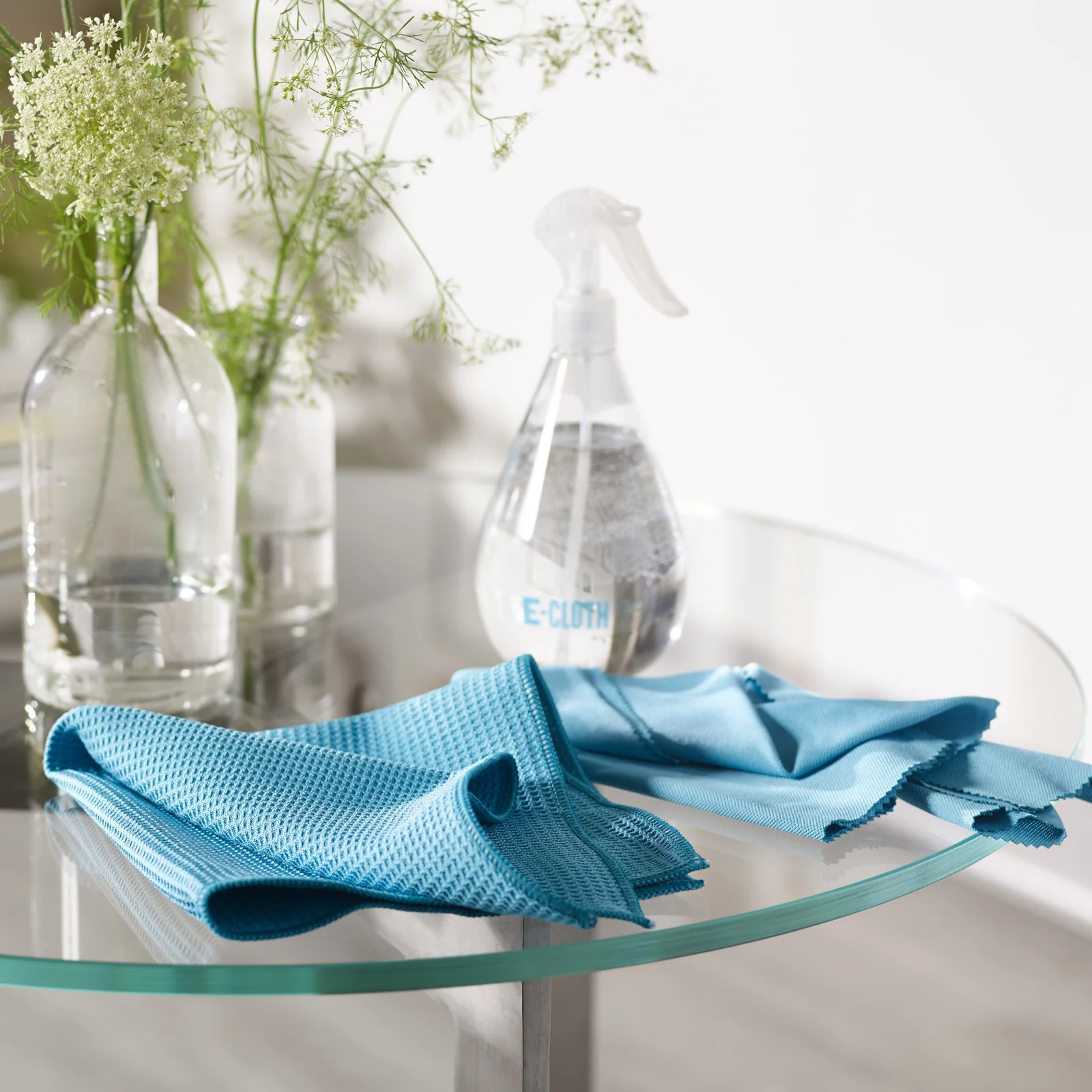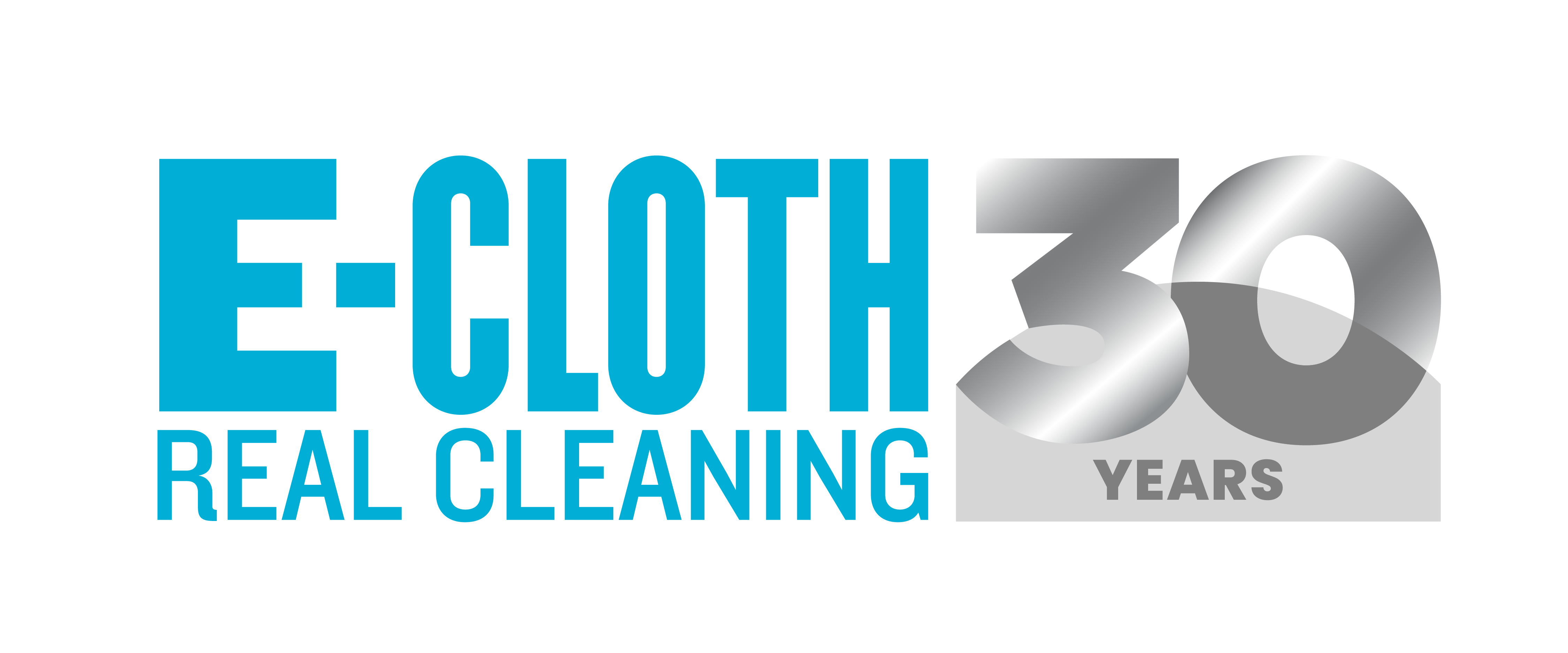Table of content:
How Often You Should Clean Your Garage floors
Consequences of Skipping Garage floors Cleaning
DIY Methods to Clean Your Garage floors
Keeping your garage floor clean is essential not only for maintaining a tidy appearance but also for ensuring safety and prolonging the life of your flooring. How often you should clean depends on how you use your garage, the types of messes it encounters, and seasonal factors. Regular cleaning helps prevent dirt, stains, and hazards from building up, while also protecting any floor coatings or sealants you may have. By establishing a cleaning routine that fits your garage’s specific needs, you can avoid the pitfalls of neglect—like stubborn stains, slippery surfaces, and even pest problems—making your garage a safer and more pleasant space to use year-round.

A Clean You Can See
Our high-performance microfiber products simplify cleaning, making it quick, easy, and effective, so you can enjoy visible results without the fuss. No streaks, just results.
How Often You Should Clean Your Garage floors
Garage Floor Cleaning Frequency
When it comes to cleaning your garage floor, the frequency depends on several factors such as usage level, the presence of automotive fluids, and the type of traffic it handles. As a seasoned cleaner, I suggest:
- General Usage: For most home garages used for parking and occasional projects, cleaning the floor every 3 to 6 months is typically sufficient. This period allows you to catch dust, grime, and minor spills before they have a chance to embed into the concrete.
- Heavy-Duty Usage: If your garage sees a lot of vehicle traffic, workshop activities, or if you use it to store items that might leak (like oil or other fluids), consider cleaning your floor monthly or whenever spills occur. Regular cleaning helps prevent the buildup of stubborn stains and can also protect the integrity of your floor over time.
- Seasonal Considerations: In areas with a lot of outdoor debris or seasonal weather changes (snow, rain, leaves), you might need to adjust your cleaning routine. For instance, after winter, clearing salt and slush residues becomes important to avoid longer-term damage.
- Spot-cleaning vs. Full Cleaning: Spot-clean as needed if a spill or stain appears and plan for a more thorough cleaning during your routine schedule. This proactive approach ensures that minor issues don't become major ones.
This frequency recommendation takes into account the need to maintain not just aesthetics but also the safe usage of your space. Regular cleanings can help prevent the accumulation of grit and organic material that might affect traction or damage the floor over time. Ultimately, tailoring your cleaning schedule to match your garage’s specific usage and wear and tear is key to keeping it looking sharp and performing well.
Streak-Free Wherever You Need It
E-Cloth is committed to delivering a clean you can see—effortlessly erasing messes with just water for a spotless shine, free of streaks and added chemicals.

Consequences of Skipping Garage floors Cleaning
Consequences of Skipping Garage Floors Cleaning
- Dirt and Grime Build-Up: When you skip cleaning your garage floor, dust, dirt, and debris don’t just sit there looking ugly—they get ground in by car tires and foot traffic. Over time, this can create a stubborn layer that’s much harder to remove than if you’d tackled it early on.
- Stains Become Permanent: Oil drips, paint splatters, and mystery spots from who-knows-what can soak into unsealed concrete. The longer they sit, the more likely they are to leave a lasting mark. Some stains can even react with the concrete, making them nearly impossible to wipe away later.
- Slippery Surfaces: Spilled fluids, sawdust, or even just a layer of fine dust can turn your garage floor into a slip-and-slide. This isn’t just annoying—it can be a real hazard, especially if you’re carrying something heavy or sharp.
- Unwanted Guests: A dirty garage floor can attract pests like insects and rodents. Food crumbs, spilled pet food, or even just the scent of old spills can invite critters to move in and make themselves at home.
- Damage to Floor Coatings: If you’ve invested in a floor coating or sealant, neglecting regular cleaning can shorten its lifespan. Grit acts like sandpaper, wearing down protective layers and leaving your floor vulnerable to further damage.
- Worsening Air Quality: Dust and debris on your garage floor don’t always stay put. Every time you open the door or drive in, particles can get kicked up and make their way into your home, affecting the air you breathe.
- Corrosion and Rust: Road salt, water, and chemicals tracked in by your car can sit on the floor and slowly eat away at metal items stored in your garage—or even at the concrete itself. This can lead to rusted tools, shelving, and even structural issues over time.
- It’s Just Harder to Clean Later: The longer you wait, the more elbow grease you’ll need. What could have been a quick sweep and mop turns into a full-on scrubbing session, possibly with specialized cleaners or equipment.
DIY Methods to Clean Your Garage floors
.svg)
Baking Soda and Vinegar
Sprinkle baking soda generously over the garage floor stains. Pour white vinegar over the baking soda and let the mixture fizz for a few minutes. Scrub the area with a stiff brush, then rinse with water. This combination lifts grime and neutralizes odors naturally.
.svg)
Trisodium Phosphate (TSP) and Hot Water
Dissolve 1/2 cup of trisodium phosphate (TSP) in 2 gallons of hot water. Pour the solution onto the garage floor and scrub with a stiff brush, focusing on stained or greasy areas. Rinse thoroughly with clean water and let dry. This method removes tough dirt, oil, and grime effectively.
.svg)
Powdered Laundry Detergent and Scrub Brush
Sprinkle powdered laundry detergent generously over the garage floor. Dampen a scrub brush with warm water and scrub the detergent into the surface, focusing on stained or dirty areas. Rinse thoroughly with clean water to lift away grime and leave the floor clean.
.svg)
Degreaser and Stiff Bristle Broom
Spray a commercial degreaser generously over oil stains and dirty areas on the garage floor. Let it sit for 5–10 minutes, then scrub thoroughly with a stiff bristle broom. Rinse with water to remove loosened grime and residue for a clean, grease-free surface.
.svg)
Limited Cleaning Power
Baking soda and vinegar lack the strength to remove tough stains, oil, or grease from garage floors. Their mild reaction is not effective against heavy dirt, leaving surfaces less clean than commercial or specialized cleaners.
.svg)
Safety Risk Exposure
Using TSP and hot water can expose you to chemical burns, skin and eye irritation, and harmful fumes. Improper handling or mixing may also damage surfaces or create slippery floors, increasing the risk of slips and falls.
.svg)
Stubborn Stain Persistence
Some garage floor stains are deeply set or oil-based, making them resistant to removal with just powdered laundry detergent and a scrub brush. This method may not penetrate or break down tough stains, leaving visible residue behind.
.svg)
Incomplete Contaminant Removal
This method may leave behind oil, grease, or other residues, as degreasers and stiff bristle brooms often fail to fully penetrate and lift embedded contaminants from porous concrete surfaces, resulting in incomplete cleaning.
Ready for an Easier Way to Clean?
Skip the mixing, spraying, and scrubbing. With E-Cloth, you get a streak-free shine using just water—no added chemicals, no hassle. Make every window sparkle the simple way.
Explore other Articles
Headphones
Learn how often to clean your headphones for optimal sound and hygiene. Simple tips to keep them fresh and lasting longer.
Bookshelves
Discover the ideal frequency to clean your bookshelves for a dust-free, organized, and fresh home library.
Jeans
Discover the ideal frequency to clean your jeans for lasting style, comfort, and fabric care. Keep them fresh and durable!
Range hood filter
Learn how often to clean your range hood filter for optimal kitchen air quality and appliance efficiency. Keep it fresh and safe!
Washing machine
Learn how often to clean your washing machine for optimal performance and freshness. Keep your laundry fresh and your machine efficient!
Garage floors
Discover the ideal frequency for cleaning your garage floors to keep them spotless and well-maintained year-round.
Experience Real Cleaning
A Clean You Can See
Experience Real Cleaning


